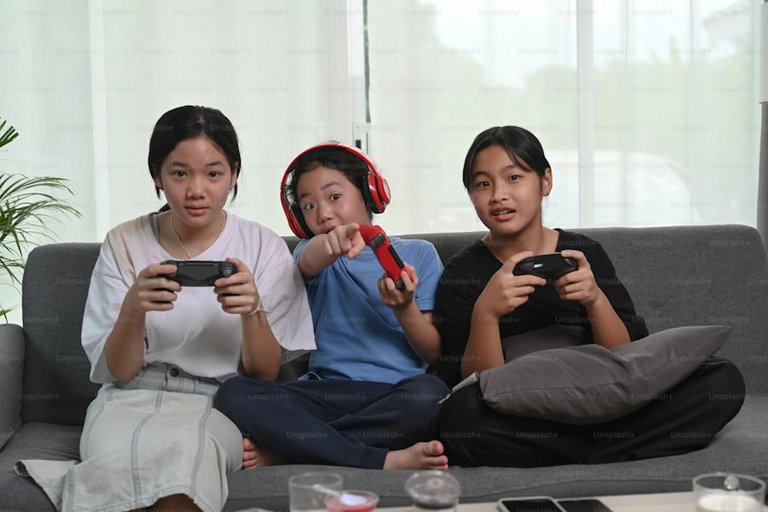Balancing transparency while protecting the kids
Imagine Jonathan, a 10-year-old boy who has no idea about his family’s financial struggles but feels confused by his parents’ moods. Now picture Emmanuel, 14, who confronts his parents after overhearing a heated argument about his unpaid school fees.
The difference in these reactions boils down to the level of communication and understanding within their families. Parents often deal with a difficult decision with whether they should involve their children in the family struggles or not. Both approaches have their merits and challenges, but finding the right balance is key.
Growing up, I was shielded from my parents’ struggles. Although I occasionally sensed that things weren’t perfect, I was never directly involved in their dilemmas. Bills were paid, provisions were made, and life moved on without any visible signs of trouble. It wasn’t until I became a teenager that my parents began sharing small parts of their challenges, including financial or emotional struggles. These revelations, framed with hope, gave me a deeper appreciation for their efforts.
The age and emotional maturity of a child play significant roles in determining how much they should know. Along with this, the strategy used to communicate struggles is just as important. Parents must strike a balance between protecting their child’s innocence and preparing them for life’s realities.
Let’s revisit Jonathan and Emmanuel. Imagine telling a 10-year-old like Jonathan that you’ve been dealing with secondary infertility for years or explaining failed IVF attempts. Or trying to help him understand a lost contract. At this age, a child may struggle to comprehend these complex issues or provide meaningful comfort to their parents. Even a teenager like Emmanuel might lack the emotional maturity to process these struggles, and without the right moral grounding, could unintentionally share private family matters outside the home.
On the other hand, when children are emotionally ready, exposing them to certain struggles can teach valuable life lessons. They learn problem-solving skills, empathy, and resilience. For instance, explaining to a child how you juggle multiple jobs to support the family can inspire them to appreciate hard work and responsibility. It shows them they are valued members of the family and demonstrates the importance of determination and steadfastness.
Still, there’s absolute wisdom in the saying, “Let kids be kids.” Childhood is an important time meant for growth and exploration, not burdened by worries beyond their control. Some emotionally intelligent children may try to step into adult roles, going to great lengths to help their parents. While this might seem admirable, it can deprive them of normal childhood experiences.
In some cases, exposure to struggles may lead to anxiety, fear, or even feelings of helplessness.The solution lies in age-appropriate transparency. Yes! Parents should gauge their child’s emotional maturity before discussing struggles. For younger children, simplicity and reassurance are key, they should focus on hope and solutions rather than the magnitude of the problem. As children grow older and their understanding deepens, parents can gradually share more details.
Above all, children are part of the family and should not be entirely shielded from its challenges.
However, the depth of involvement must correlate with their ability to comprehend and cope.Children feel valued when they are included in family matters, but preserving their joy and innocence is equally important. Striking this balance builds trust, resilience, and a sense of responsibility while protecting their childhood.
In the end, the question isn’t whether to involve children in family struggles, but how and when to involve them.
Thank you for reading.
Posted Using InLeo Alpha



I actually agree with all the points you have stated in the post. Kids are indeed part of the family and they should only be exposed to things that they can comprehend.
While a lot of parents think it's unnecessary, I believe it's good to make kids see things they can assimilate because it can prepare them mentally for the future.
Congratulations @joycealarapon! You have completed the following achievement on the Hive blockchain And have been rewarded with New badge(s)
Your next target is to reach 9000 upvotes.
You can view your badges on your board and compare yourself to others in the Ranking
If you no longer want to receive notifications, reply to this comment with the word
STOP